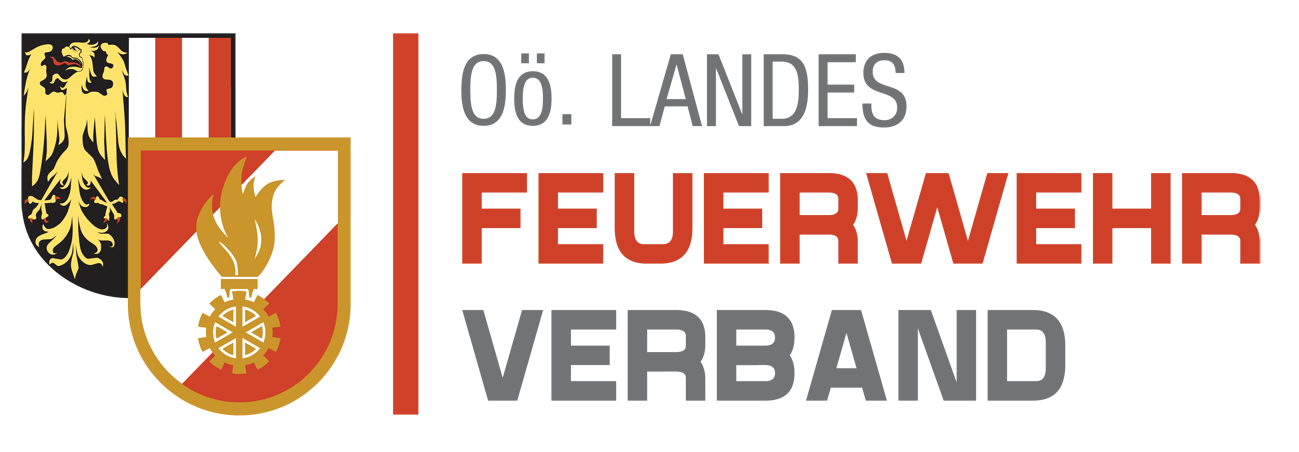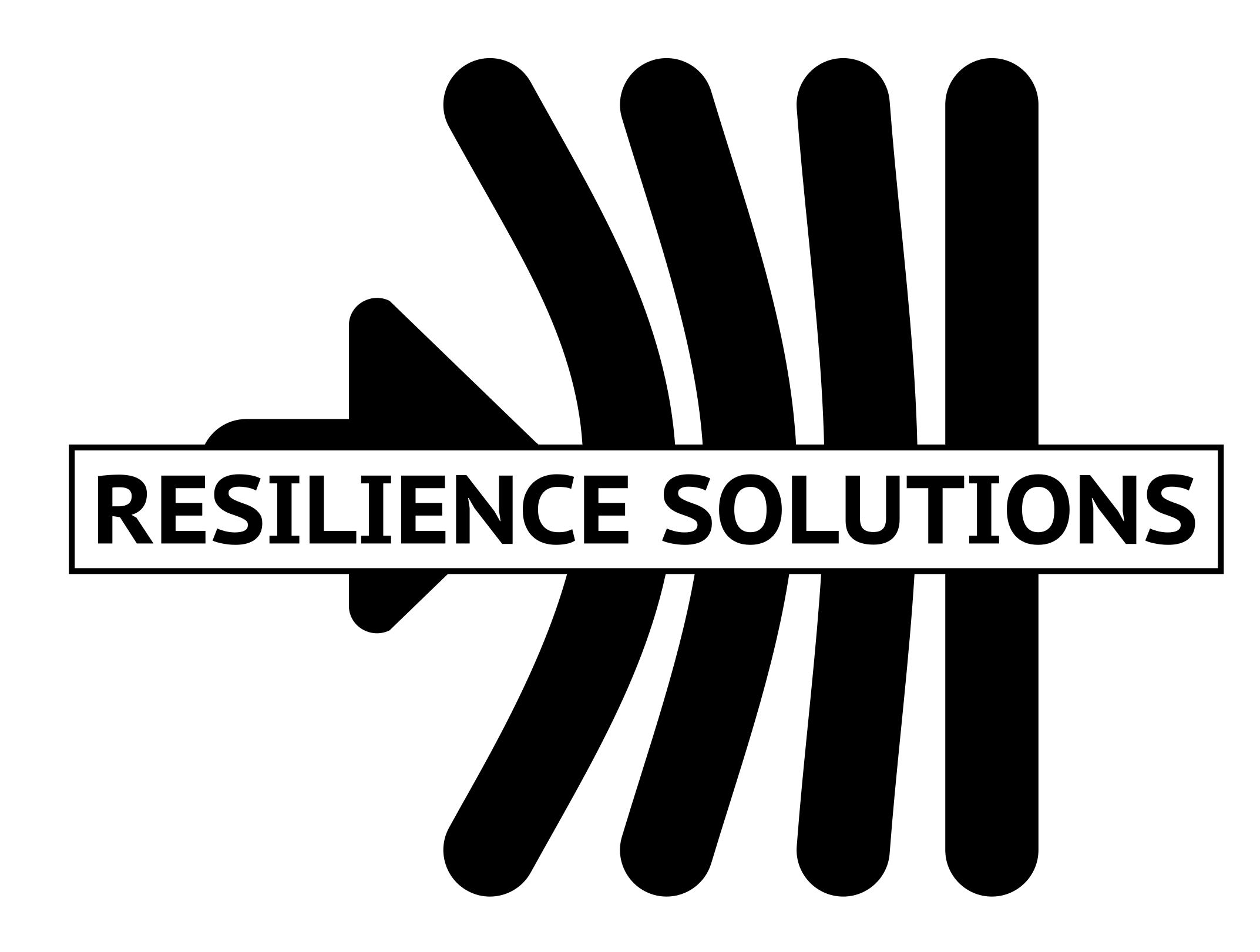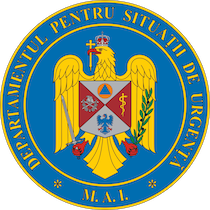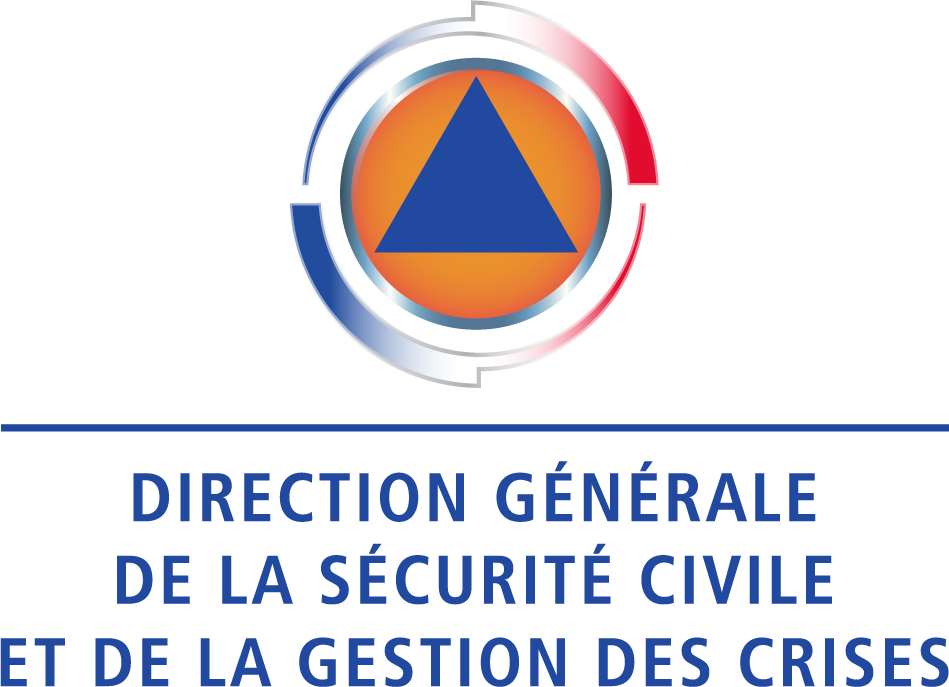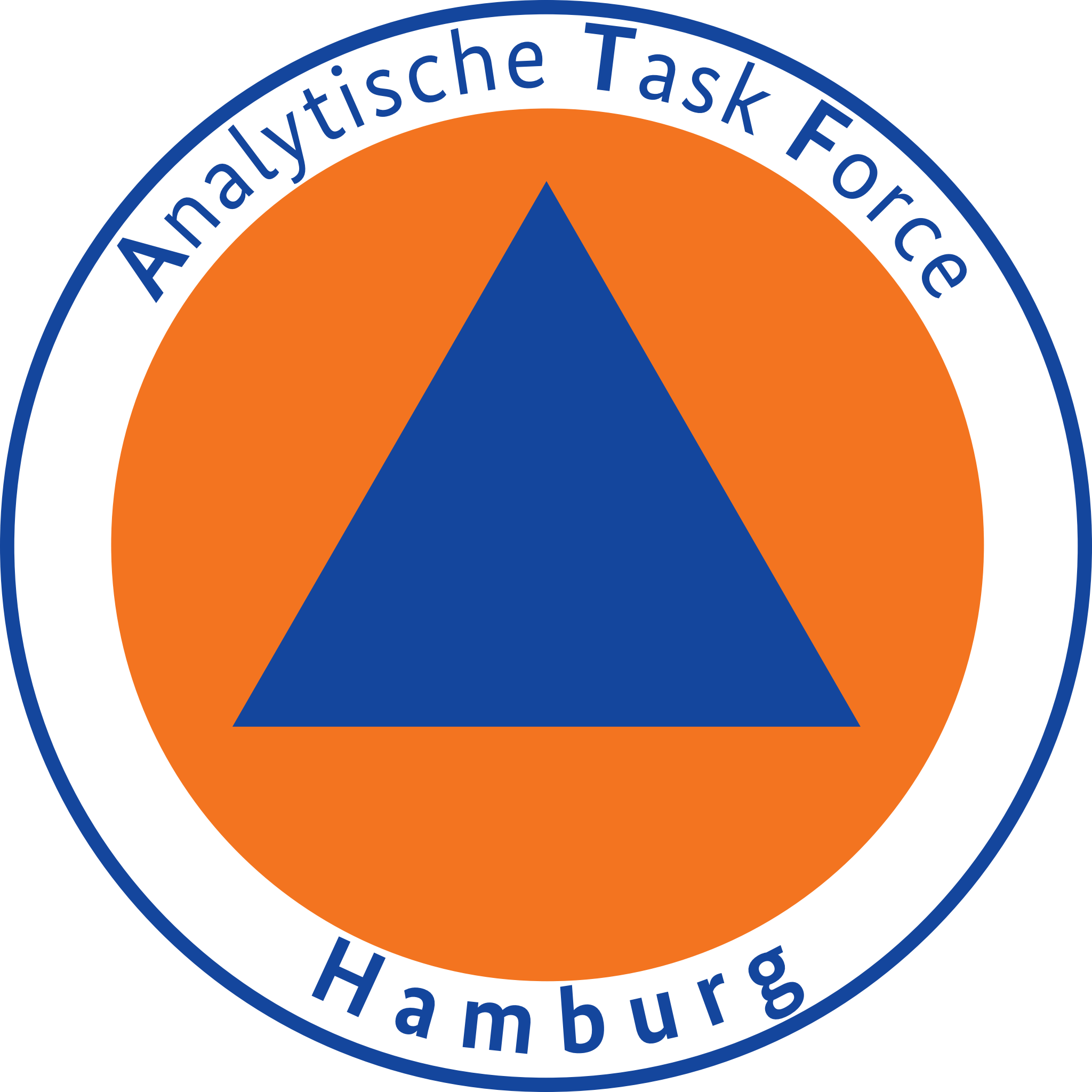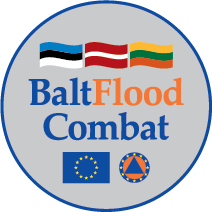The Upper Austrian Fire Brigade Association (OÖLFV) is a regional fire department association responsible for about 90,000 firefighters in Upper Austria (1.5 million inhabitants). In addition to ensuring the operational readiness of about 900 local fire departments, the OÖLFV is responsible for the preparation and implementation of rescue and relief measures to prevent, eliminate or mitigate the effects of disasters, in particular personal injury and property damage caused by accidents or natural events as defined in the Upper Austrian Disaster Management Act. The fire departments in the OÖLFV are called out to around 60,000 fire, technical or dangerous goods missions every year. In order to ensure high-quality training for all firefighters in the OÖLFV, the association also operates the Upper Austria Regional Fire Brigade School with extensive training and exercise facilities in the city of Linz. In the area of civil protection, the OOELFV relies on a dense network of specialized units such as HAZMAT/CBRN, boat rescue, oil spill response, heavy rescue and lifting, forest firefighting, rescue and technical divers, etc. The OOELFV was responsible for the preparation of the largest disaster control exercise ever conducted in Austria (LENTIA MMXIX) with about 1,000 participants.
Full Operational Response to Major Accidents triggered by Natural Hazards – full scale EXercise 2023
Resilience Solutions International (RSI)
Resilience Solutions International is a consulting company from Austria established in 2017 and founded by Christian Resch. He is managing director and SME owner without salary. He acts as senior expert and chief technical advisor in civil protection, disaster risk reduction and sustainable development. The company employs various short-term experts for its activities. As CBRN Defence Officer involved in several national and international disaster response missions, for FORMATEX23 Christian Resch and his team will be coordinating EXCON and mainly be involved in the planning and conduct of the exercise.
Industrial Risk and Safety Solutions (IRIS)
IRIS – Industrial Risk and Safety Solutions is an Austrian company for technical consulting specialised in the field of industrial safety and emergency response. IRIS offers services in the areas of process and plant safety as well as emergency planning and disaster management. The range of our services extends from fire simulation and digital optimization of emergency plans to cause and effect analysis in the context of quantitative risk analysis. IRIS actively develops models and calculation methods which enables us to offer solid results for our research partners and tailor-made solutions for our customers from industry and commerce. IRIS will contribute its expertise to FORMATEX23 within creating scenarios with a credible technical background and build an additional virtual training environment for the table top exercise and the full-scale exercise. IRIS uses mathematical modelling and scenario building for VR training environments (XVR) in the industrial context as well as special expertise about process safety events and technical emergencies.
Universität der Bundeswehr München (UniBW M)
The Universität der Bundeswehr München was founded in 1973 and consists of a university part and a part for applied sciences. It is one of two research universities in Germany at federal level as part of the German Armed Forces and employs approximately 1.500 personnel and has about 3.500 students. The institution offers civilian academic education for military officer candidates and officers and an increasing number of civilian and international students. The trimester system, a study of short distances within the campus university and the individual support of students in small groups enable a successful study within a short time. After 3 years of standard study time, students achieve a Bachelor’s degree; after four years, a Master’s degree is possible in intensive study. The degrees are equivalent to those at state universities. Research and teaching at the UniBw M are free, and excellent scientific facilities enable internationally competitive research at a high level. One research focus of the Unibw M are high reliability and civil protection organisations, with an emphasis on application contexts such as safety and security management and emergency management. The research of the Chair of Knowledge Management and Business Process Management at UniBw M focuses on the design of business processes for the creation of knowledge-intensive products and services. In this respect, the chair cooperates intensively with partners in practice, especially with ministries and emergency organisations.
NCT Consultants
NCT Consultants is a global group of companies that contributes to Europe’s, America’s and Coalition Countries’ warfighter’s and first responder’s mission and capabilities to counter the threats of weapons of mass destruction and mitigate its effects (WMD/E). We support this mission by providing knowledge & networking, training and assist in building global partner capacities and partnerships. NCT Consultants organizes events, supports agencies in their mission, and contributes to training and readiness efforts.
NCT Consultants has a presence in three continents with companies based in Leiden, The Netherlands, Wilmington DE, USA and in Singapore. These companies work jointly to make this world a safer and more secure place.
CBRN Module of the Department for Emergency Situations (DSU-CBRN)
DSU-CBRN is the CBRN module from DSU, the Romanian Ministry of Internal Affairs, the public service in charge of, among other duties: establishing, by law measures, to protect the rights and fundamental freedoms, as well as public and private property. The Department for Emergency Situations, Pursuant to Art. I of Government Emergency Ordinance 1/2014, is an operational structure without legal personality of the Ministry of Internal Affairs, in charge of the permanent national coordination of emergency prevention and management actions, the provision and coordination of human, material, financial and other resources needed to restore normality, including specialist first aid and emergency medical care in Emergency Care Units and Centres. The Department for Emergency Situations coordinates the General Inspectorate for Emergency Situations, The General Inspectorate of Aviation (with regard to medical missions) and performs the operational coordination of ambulance services in counties and in Bucharest, of Emergency Care Units and Centres and of public mountain rescue services. The Department for Emergency Situations is coordinated by Dr. Raed Arafat, who is a medical doctor, head of the Department for Emergency Situations and the founder of the Romanian SMURD system (Mobile Service for Emergency, Reanimation and Extrication), an integrated public service without legal personality, who works in the organizational chart of inspectorates for emergency situations, together with specialized personnel from emergency departments of hospitals.
General Directorate for Civil Protection and Crisis Management (DGSCGC)
Acting as a department of the French Ministry of Interior, the General Directorate for Civil Protection and Crisis Management (DGSCGC) is the central structure responsible for risk management in France, whether for daily accidents and incidents or for major disasters. Placed under the authority of a prefect, it has in its ranks 2500 civilian and military personnel spread over 60 sites, including the Place Beauvau, headquarters in Paris, and the main site 18 rue des Pyrénées – 75020 Paris. On a daily basis, they support the local action of firefighters, volunteers, associations and regional prefectures. In emergencies, this mosaic of personnel and skills works in concert with other ministries, particularly those of Defense, Health, Environment and Transport to mobilize experts and specialized materials. These men and women sometimes are deployed abroad at the request of a country stricken by a natural disaster. They are also involved in bilateral and multilateral cooperation over the world in the field of civil protection. The DGSCGC is organized around 4 areas of expertise: – national operational assets and crisis management services | – firefighters and other relief actors | – risk management | – administration and logistics.
German Analytical Task Force (GER-ATF)
The German Analytical Task Force was established within Germany’s “New strategy for the protection of the population in Germany” in 2002. The ATF guarantees comprehensive support of the mission management on site in the context of complex CBRN-situations. The requesting head of the operation can not only resort to the technically high-quality equipment. In fact, the ATF offers a comprehensive spectrum of service features for CBRN-situations, above all the identification of released chemical hazardous substances but also the recommendation of appropriate counteractions and the assessment of the development of the situation. As the time factor is very important, especially during CBRN-incidents, the short reaction time makes the ATF the method of choice, in comparison to other special CBRN-forces. During the last years, the concept of the Analytical Task Force has repeatedly proved its suitability for daily use. Since 2018 the ATF Germany is registered in the European Union Civil Protection Mechanism as module “CBRN detection and sampling”. Beneath several national and international exercises the ATF took part in the EU Modex 2019 in Tinglev and participated in the EU-project HAZARD in 2018.
Dutch Environmental Assessment Unit (NLD-EAU)
The Dutch Environmental Assessment Unit, the EAU, supports the local authorities and involved response organizations during and after an environmental disaster. The team provides screening services to characterize chemical/ environmental threats, quick measurements, sampling and interpretation of the results into a risk or impact assessment. The concept of the EAU is a small flexible team the can be deployed quickly anywhere in the world. For this the team has mobile equipment, which can be packed modularly and transported easily.
The main contribution to disaster relief is a quick and comprehensive assessment of the effects on the environment and public health after a disaster. For this an extensive scientific back office is available through a very active existing national emergency response network. The team is mainly used to assess the medium and long term effects of environmental disasters.
The EAU is a joint initiative of the Dutch Ministry of Infrastructure and the Environment and the Ministry of Foreign Affairs. The Dutch National Institute of Public Health and the Environment (RIVM) is responsible for managing and implementing the EAU.
Balt Flood Combat (BFC)
Balt Flood Combat which has existed since 2009, started as a trilateral project of 3 Baltic states, “Estonian Rescue Board”, “State Fire and Rescue Service of Latvia” and “Fire and Rescue Department under Ministry of the Interior of the Republic of Lithuania”. The aim of the project was to create a common Baltic pumping module within the framework of the European Union Civil Protection Mechanism (UCPM) to increase the national capacity to fight floods and ensure mission readiness for flood relief in the European Union. BFC is registered in the European Civil Protection Pool of the UCPM.
The Estonian Rescue Board is a government agency under the Ministry of the Interior that develops and maintains a secure environment in Estonia, anticipates threats and promptly and professionally assists people in the event of an accident. The State Fire and Rescue Service is a national emergency management agency and is responsible for implementation of state policy in the field of fire safety, fire-fighting, civil protection and operation of the single emergency phone number “112”. The Lithuanian Fire and Rescue Department organizes the activities of state fire supervision, organizes and manages firefighting, rescuing of people and property, mitigating of the consequences of fires, coordinates the activities of the civil protection system, coordinates the implementation of emergency prevention, plans to prepare the state for implementation of the tasks of the civil protection system during the emergencies.


